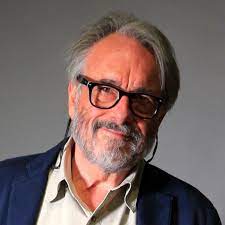
Paolo Benvenuti (1946) has been devoted to painting since he was young. He attended the Institute of Art and Teacher Training in Florence, where he graduated in 1965. The following year, he enrolled in the Academy of Fine Arts. In 1968, he became interested in avant-garde cinema and gradually moved away from painting. A lover of quality cinema, he began making small documentaries. One of these, Fuori gioco, won the FEDIC Award for the best short film in Montecatini. In the early 1970s, he directed the medium-length film Medea – Il teatro del Maggio di Buti for Rai, based on the theater performance of the same name, which was selected for the 1973 Berlin Festival. In the same year, he adapted the theatrical version of the show, presented at the World Theatre Festival in Nancy. In 1972, he worked as a voluntary assistant on the set of Roberto Rossellini’s L’età dei Medici. Two years later, in 1974, he directed his first feature film, Frammenti di cronaca volgare. In 1975, he volunteered as an assistant for Jean Marie Straub and Danièlle Huillet’s Moses und Aaron. In 1982, he founded the “Arsenale” cineclub in Pisa, an institution that now has over ten thousand members. In 1988, he returned to directing with Il bacio di Giuda, presented at the Venice Film Festival, followed by Confortorio in 1992, Tiburzi in 1996, Gostanza da Libbiano in 2000, and Segreti di stato in 2003. He has also conducted courses and seminars on the theory of audiovisual language in many Italian and foreign institutions.
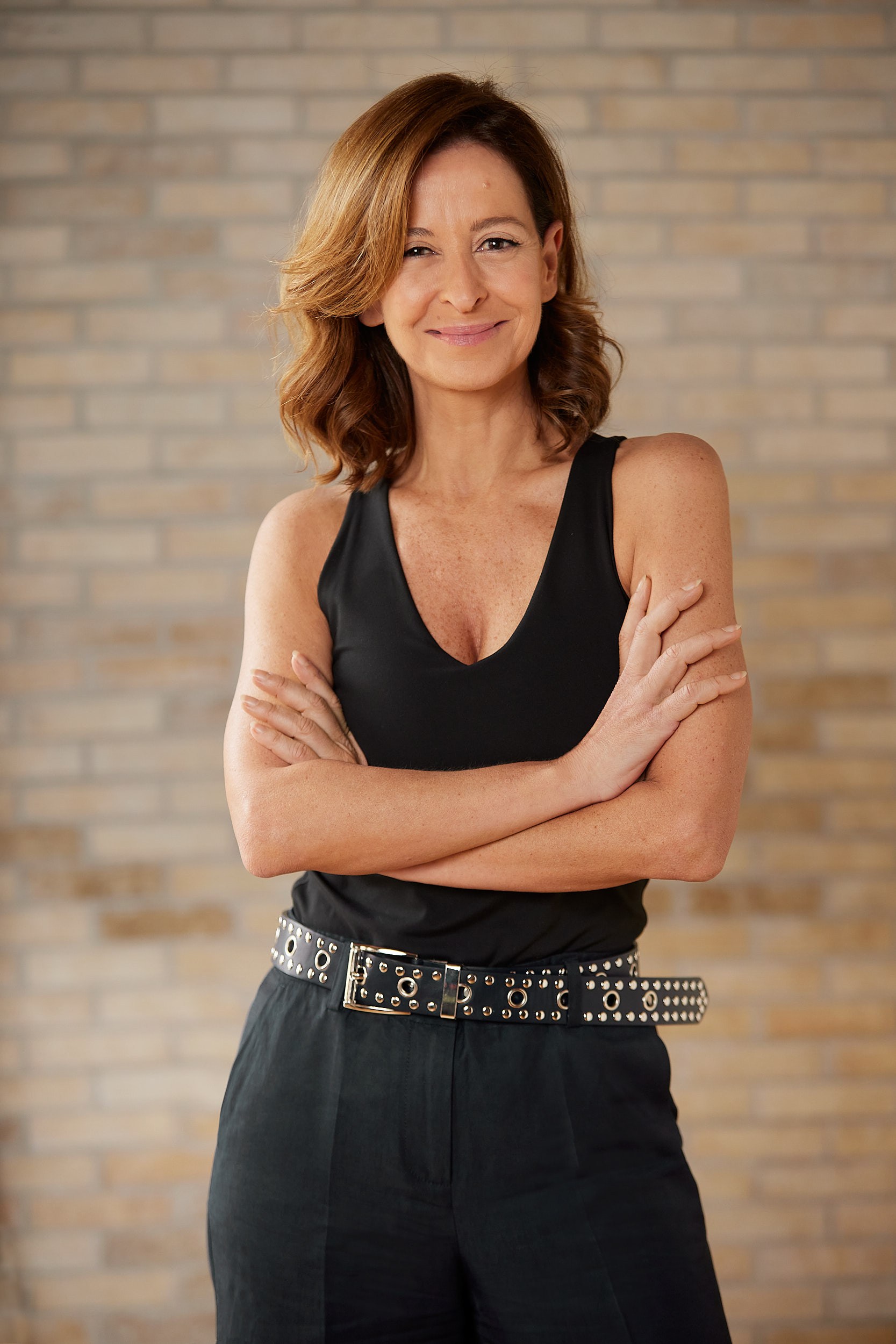
Marina Marzotto is the founder and Senior Partner of the independent production company Propaganda Italia, where she serves as the Head of Development and Production. Previously, she held the position of COO at Moviemax Media Group in the years 2012-2013. For over 10 years, she was a Partner at Propaganda G.E.M. – the international network specializing in financing and promoting films, series, and music videos – where she was involved in brokering equity and promotional investments in the film and audiovisual industry. She began her career in the contemporary art sector before transitioning to the advertising field and served as the Worldwide Communications Director for the Salvatore Ferragamo Group. Her extensive filmography includes titles such as Razzabastarda by Alessandro Gassman (2012), La macchinazione by David Grieco (2016), 5 è il numero perfetto by Igort (2019), Monica by Andrea Pallaoro (2022), and After Work by Erik Gandini (2023).
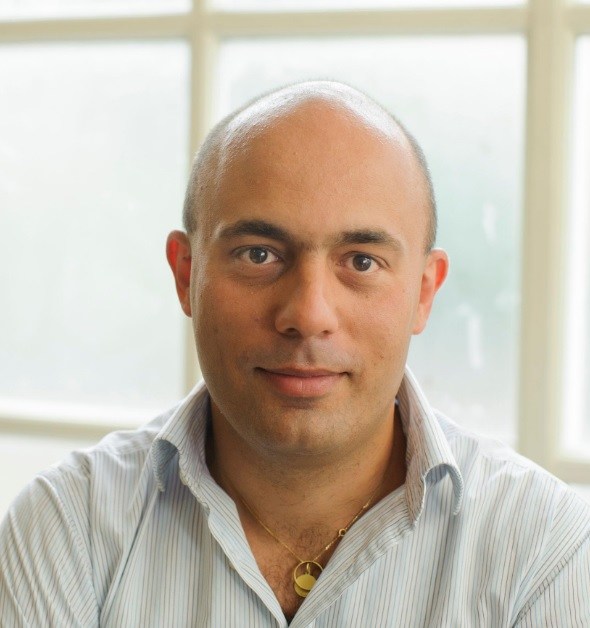
Emanuele Galloni, born in Rome and a graduate in Political Science, has been writing for various publications on music and entertainment since 2000. He became a correspondent in London for Radio Rai’s Magazine program. As a co-producer of various documentary series, he has gained diverse experiences and collaborations with TV news agencies. In 2005, he launched Videoplugger, a television content brokerage agency, which quickly became the sales agent for RAI in Great Britain, notably bringing Inspector Montalbano to the BBC. Serving as an international representative for TV series produced in minority languages, Videoplugger has become the leading sales agency for the distribution of minority language content, even securing documentaries on platforms like Netflix, Sky TG24, and others.
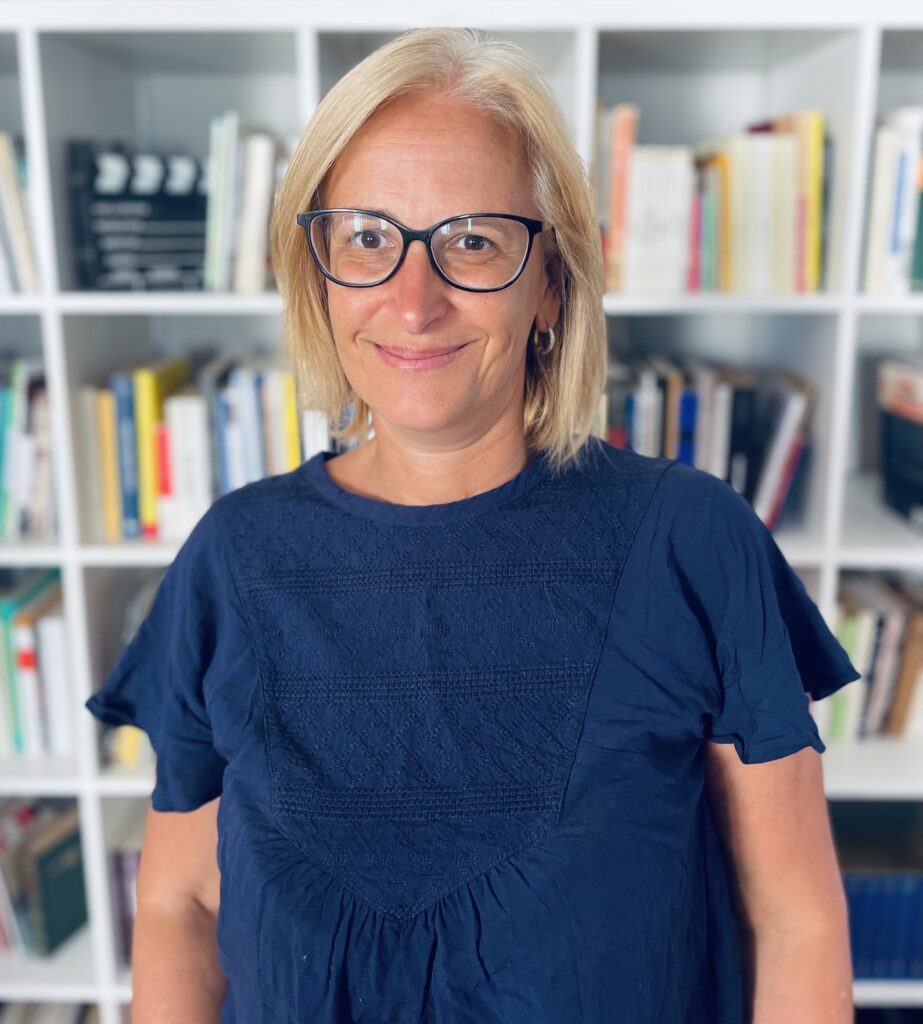
Serena Schiffini began her writing career as a journalist for the newspaper L’Unione Sarda. Over ten years, she contributed to various sections, from news reporting to culture and entertainment pages. She became a professional journalist in 2003. Following her time at L’Unione Sarda, she worked as a press officer in the Department of Culture of the Region of Sardinia and later at the regional headquarters of Rai, where she has been a programmer and director for sixteen years. She produces radio programs covering current events, entertainment, and culture in both Italian and Sardinian languages. In recent years, she has also been responsible for television programs in the regional Sardinian programming.
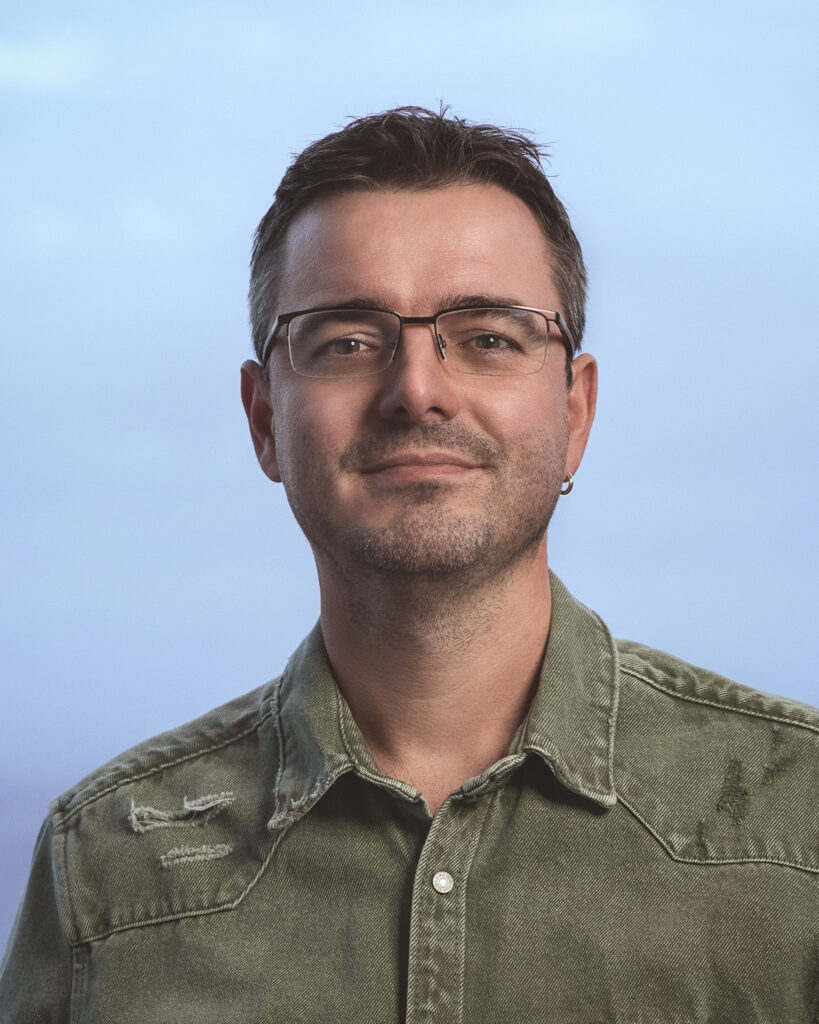
Paulo Filgueiras Fachal (Galicia, 1979) is a graduate of Galician Philology and holds a Specialist Diploma in Literary Theory and Comparative Literature from the University of Santiago de Compostela. He previously served as an associate professor of Galician Language and Literature at the Universitat Autònoma de Barcelona and currently teaches in secondary education institutions in Galicia. He is the author of several research works on contemporary Galician literature and is a member of the steering committee of the A Mesa pola Normalización Lingüística association.
